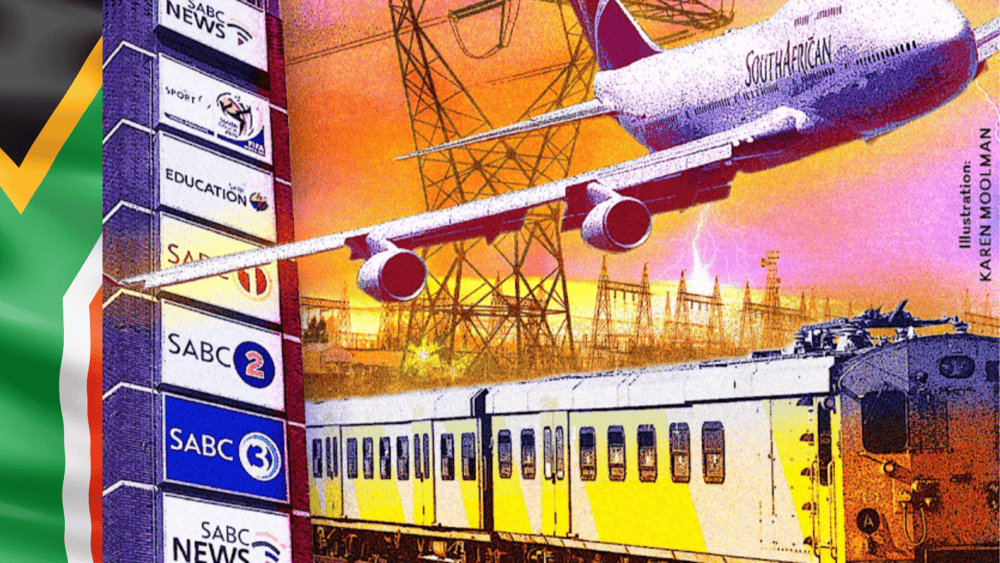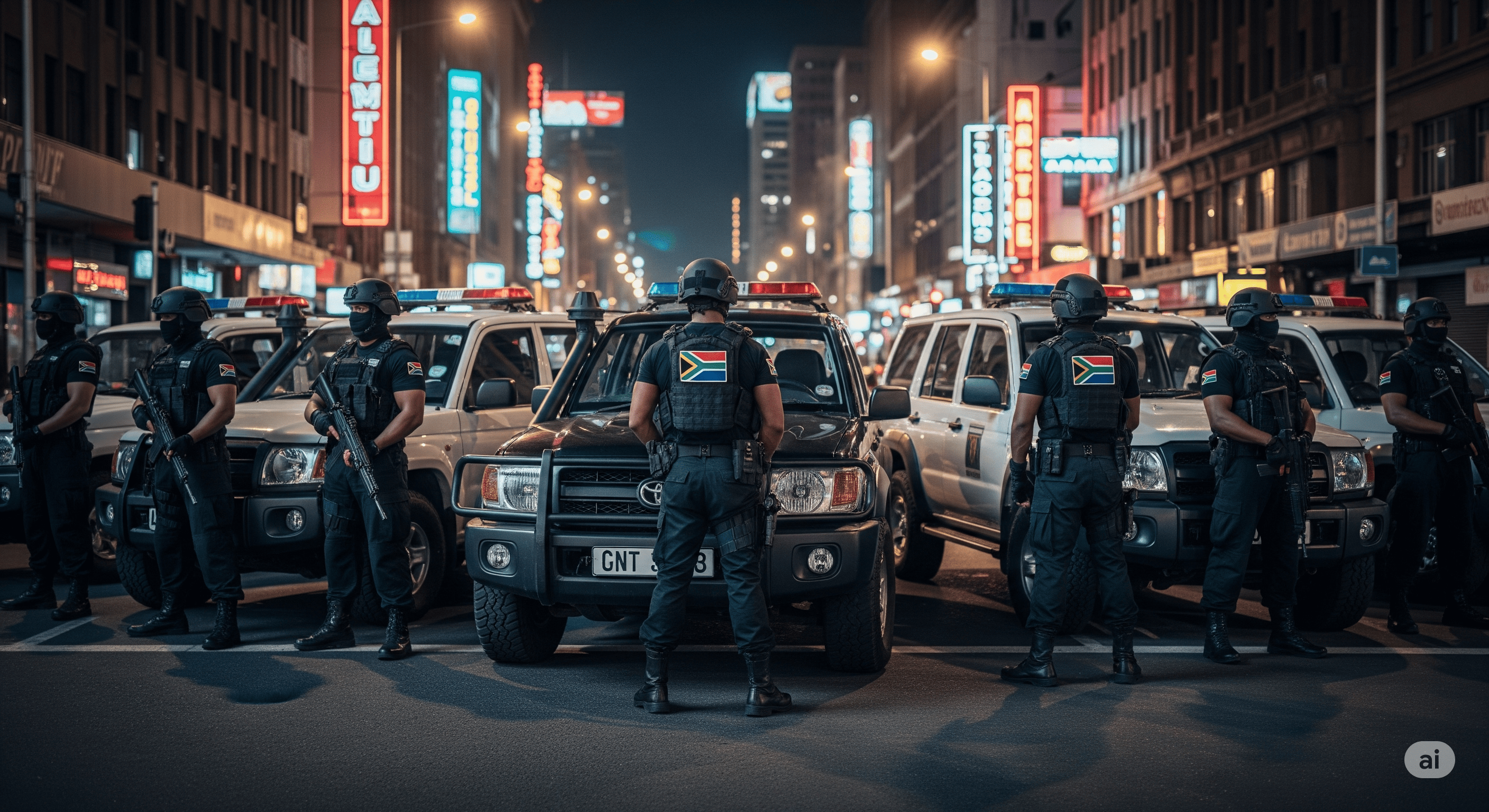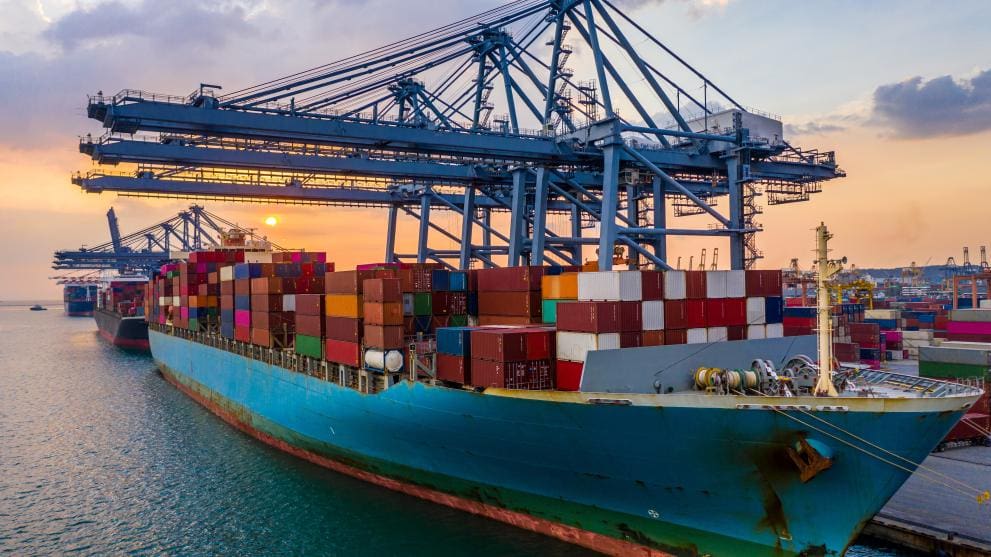Malawi Snapshot
Economic growth forecasts remain high for Malawi despite extreme poverty, food insecurity and recent protests over its May elections.
President Peter Mutharika, voted in by a small margin in the election, which protesters across Lilongwe and Blantyre say was rigged, said in his state of the nation address that economic growth would reach 5% in 2019 on the back of higher agricultural production and growth in mining, ICT, and financial services.
Riots over the election have caused instability in the country where extreme poverty, droughts, cyclones and prior corruption scandals forced Malawi to go to the International Monetary Fund for a US$112m extended credit facility.
In April 2018 the IMF approved a new three-year arrangement for Malawi “to support the country’s economic and financial reforms”. The IMF said Malawi has shown progress in achieving macroeconomic stabilisation following two years of drought, with growth rebounding and inflation reducing to single digits, although its fiscal position had deteriorated and the public debt to GDP ratio has increased. “Increased debt service pressures have reduced space for needed infrastructure and social spending,” it said.
Malawi’s GDP grew by an estimated 3.7% in 2018, compared to 5.1% in 2017 and 2.7% in 2016. The African Development Bank expects GDP to grow by 4.6% in 2018/19 and 5.6% in 2019/20, driven by agricultural improvements, stable macroeconomic fundamentals, the recovery in commodity prices and foreign direct investment inflows.
Still, at least half the population lives below the poverty line and the country is wracked by food insecurity and power cuts, with Reuters saying it is “among the world’s poorest countries, reliant on donor funding and tobacco and tea exports”. The Malawi Project says 85% of the population survives from subsistence farming.
A Who Owns Whom’s report on the tobacco industry states that Malawi “is widely regarded as the most tobacco-dependent country in the world”, and its tobacco industry is the country’s second-largest employer, with more than 350,000 farmers and their families dependent on this industry. The report says tobacco is Malawi’s main cash crop, contributing 60% to foreign exchange reserves and 15% to GDP. But annual tobacco revenues have declined 24%, resulting in farmers starting to grow other crops. The industry has, however, attracted investment. Japan Tobacco International is one of Malawi’s largest tobacco buyers and has invested US$450m in the business over past five years, contracting 11,000 tobacco growers, according to the Who Owns Whom report.
The African Development Bank says that due to high dependence on rain-fed agriculture, “weather-related shocks are key risks to export commodities such as tea, tobacco, and other products”.
The protests add another risk. As Malawian political scientist and Wits lecturer Michael Jana told AFP: “A significant section of Malawi society is disgruntled and does not want the current government. It’s a divided country.”
Contact us to access WOW's quality research on African industries and business
Contact UsRelated Articles
BlogCountries Administrative and support activitiesSouth Africa
State-owned enterprises in South Africa – a sword of Damocles for the fiscus
Contents [hide] As articulated in the Who Owns Whom report on South Africa’s SOEs , the major SOEs’ total asset value (financial and non-financial) rose by 2.1 % to R1.65...
BlogCountries Public administration and defence compulsory social securitySouth Africa
South Africa’s security industry: A puzzle worth unravelling
No one can build his security upon the nobleness of another person” – Willa Cather Contents [hide] Security is an integral part of society, yet it is often taken for...
BlogCountries Electricity gas steam and air conditioning supplySouth Africa
South Africa’s Maritime Sector: Growth, Green Tech & Global Competition
Contents [hide] There is no doubt that the maritime transport sector is an important keg in the South African economic wheel. According to the Who Owns Whom report on maritime...





